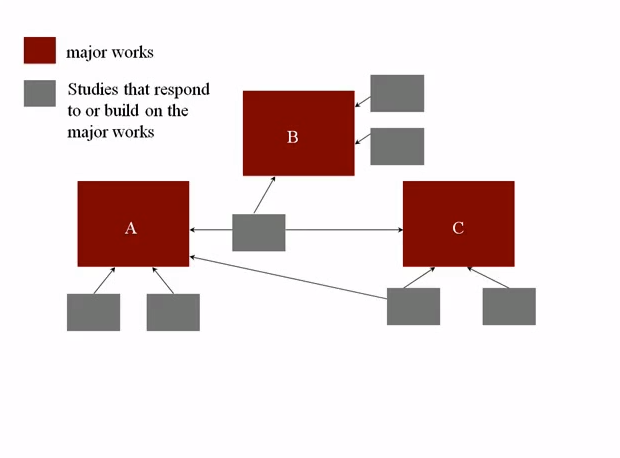Introduction to Literature Reviews
You are currently in the module on "Literature Reviews" in a larger tutorial. Each research tutorial includes modules of topics related to the overall tutorial learning objectives. Please go through all the pages in this module by clicking on the “Next” button on the bottom of the page in order to progress. If you would like to track your progress, be sure to log in with your UNCG credentials at the top right of the module. Each module includes Quick Checks on every page. These Quick Checks do not produce a certificate; they are optional and do not track your progress. Certificates are created by completing a whole tutorial, so be sure to complete all the modules within a tutorial in order to generate a certificate. You can also take a screenshot of your progress page.
UNCG Libraries Research Tutorials Help
Time needed to complete this module: 15 minutes
Learning Objectives:
- Define literature review
- Describe different types of literature reviews
- Identify methods of writing and synthesizing literature to create a literature review
A literature review seeks to identify, analyze and summarize the published research literature about a specific topic. A literature review surveys and analyzes scholarly articles, books, dissertations, conference proceedings, and other resources that are relevant to a particular issue, area of research, or theory and provides context for a master’s thesis, Ph.D. dissertation, or published peer-reviewed article or study by identifying past research.
From the Michigan Library, Literature Review Research Guide
From the UNC Chapel Hill, Public Health LibGuide

Image from NCSU Literature Review Tutorial
“Research is telling a story … and the existing literature is the part of the story told so far. You have to know where you are before you can go forward.”
-Dr. Jean Classen, NC State University
The purpose of a literature review is to establish what is currently known about a specific topic and to evaluate the strength of the evidence upon which that knowledge is based. A review of a clinical topic may identify implications for clinical practice. Literature reviews also identify areas of a topic that need further research.
From the UNC Chapel Hill, Public Health LibGuide
From NC State’s Literature Reviews, An Overview for Graduate Students
Quick Check